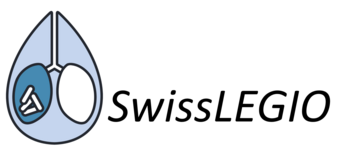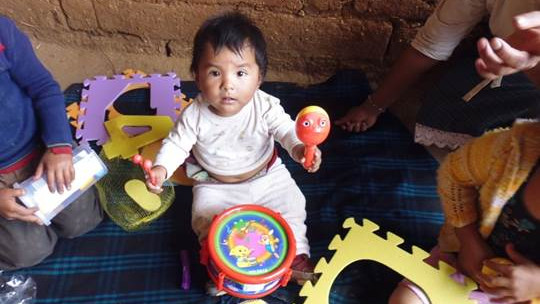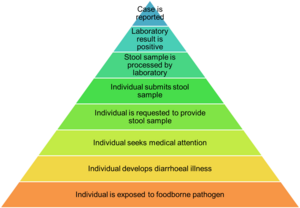Group | Household Health Systems
The Household Health Systems Research Group focuses on environmental health and health systems research from a household perspective. We study how households interact with health and social systems within their broader socio-ecological environments. Our aim is to understand how household health practices and behaviours can be better integrated into formal public services, becoming supported and sustainable components of health systems and programmes.
Linking Households and Health Systems
Our research in South America and Africa seeks to link marginalised and rural (high-altitude) communities with an effective higher-level health system through improved engagement of householders and community-level health workers.
Understanding Health Practices and Disease Dynamics
In the Swiss context, we investigate the processes linking human behaviour, illness experience and health-seeking patterns, on the one hand, with physicians’ behaviour, case management, diagnostic and treatment strategies, and the diagnostic practices of laboratories, on the other hand. All these factors influence disease reporting and shape the so-called ‘burden of illness pyramid’. Our research on the epidemiology and control of food- and waterborne disease, including acute gastroenteritis, campylobacteriosis and Legionnaires’ disease, improves the understanding of the aforementioned processes.
Key Projects

Epidemiology of Legionella in Switzerland
Legionnaires' disease, also known as legionellosis, is a severe form of pneumonia that must be reported to the Swiss Federal Office of Public Health. Over the past ten years, the annual reported incidence rate of Legionnaires' disease in Switzerland has increased continuously. The reasons for this increase and the main sources of infection remain unknown. Since 2015, our research group has been investigating the trajectory from exposure to Legionella spp. to the final, mandatory reporting of cases of Legionnaires' disease to the Swiss infectious disease notification system. Several studies have been conducted to investigate trends in notification rates, diagnostic testing behaviour, and physicians’ perception of and strategies for treating the disease. The results of these studies informed the design of a prospective, national case-control study. Read more

Digital Support Systems to Improve Child Health and Development
A Swiss TPH-led research project tested an AI-powered mobile app that supports parents in nurturing their children’s development during the crucial first 1,000 days of life. Involving 2,400 families in Peru, the study showed how digital tools can bridge gaps in healthcare access, provide personalised guidance, and offer scalable, low-cost solutions to improve early childhood care in remote and resource-limited settings. Read more


 Milagros Alvarado
Milagros Alvarado
 Melina Bigler
Melina Bigler
 Catalina Gastiaburu Cabello
Catalina Gastiaburu Cabello
 Stella Hartinger
Stella Hartinger
 Daniel Mäusezahl
Daniel Mäusezahl